Using conservation practices for the lawn and home reduce the following pollutants:
|
Pathogens
|
Sediment
|
|
Toxins
|
Trash and Debris
|
|
Fertilizers
|
Home and Lawn Conservation Practices
- Leave Grass Clippings on Lawn to Reduce Weeds and Conserve Soil Moisture
- Increase Grass Length to Reduce Weeds and Conserve Soil Moisture
- Use Soil Tests to Determine the Amount and Type of Fertilizer Needed
- Apply Fertilizers in the Fall When You Will Receive the Most Benefit
- Compost or Mulch Yard Waste to Reduce the Amount You Send to the Landfill
- Use Natural Forms of Pest Control
- Read and Follow Labels on Yard and Home Chemicals
- Avoid Applying Lawn Chemicals Near Water or Sewers
- Use Native Plants
- Cover Bare Soil with Straw or Mulch to Reduce Erosion
- Plant Trees, Tall Grasses, and Shrubbery Along Waterways to Provide Shade for Aquatic Plants and Animals and Improve Aquatic Habitat
- Switch To Non-Hazardous Household Cleaning Products
- Give Away the Household Hazardous Waste Products You Do Not Want to Groups like Habitat for Humanity or a Local Shelter
- Properly Dispose of Household Hazardous Waste
